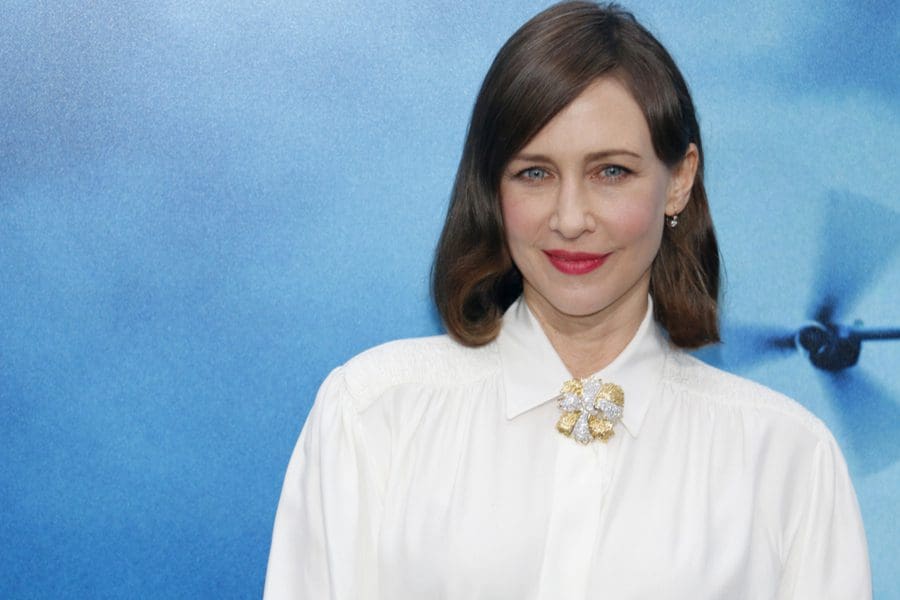Image of Vera Farmiga
As a whole, the horror genre is transitioning into more inclusive storytelling. Still, though the “final girls” trope suggests the strength of female characters in the genre, there are quite a few that aren’t given their due credit. While we’re all familiar with the most famous scream queens, such as Jamie Lee Curtis and Neve Campbell, these leading ladies are just as badass and have made huge strides for the genre.
Vera Farmiga
This horror queen is not only the leading lady behind one of the creepiest franchises to date, The Conjuring, but she has also appeared in multiple other horror films to similar effect, including Orphan, Godzilla: King of Monsters, and Joshua. You may also recognize Farmiga as Norma Bates from Bates Motel, a TV prequel to Alfred Hitchcock’s classic, Pyscho.
Her experience in the genre isn’t what’s so captivating, however. Instead, it’s her ability to tell a story with such emotion that you, as an audience member, automatically sympathize with her character.
She has become one of those names that, when it appears in the opening credits of any horror film, you know the film is well worth the watch.
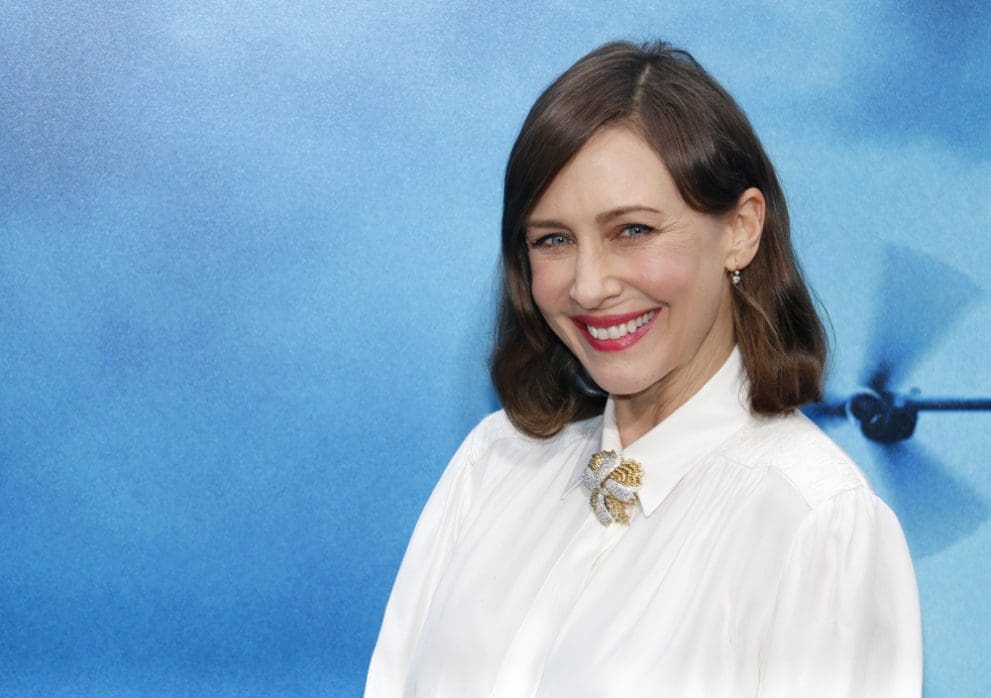
Toni Collette
Best known for her recent performance in Hereditary, Toni Collette has previously appeared in a large number of horror films, including Krampus and the infamous The Sixth Sense. In nearly every horror film in which she appears, she plays the matriarch in such a way that you feel her every emotion.
It’s almost unheard of for horror flicks to be award-nominated, but Collette received an Academy Award nomination for her work in The Sixth Sense. Bringing Oscar-worthy performances to a genre rarely taken seriously by the Academy is enough to land her on this list of influential ladies.
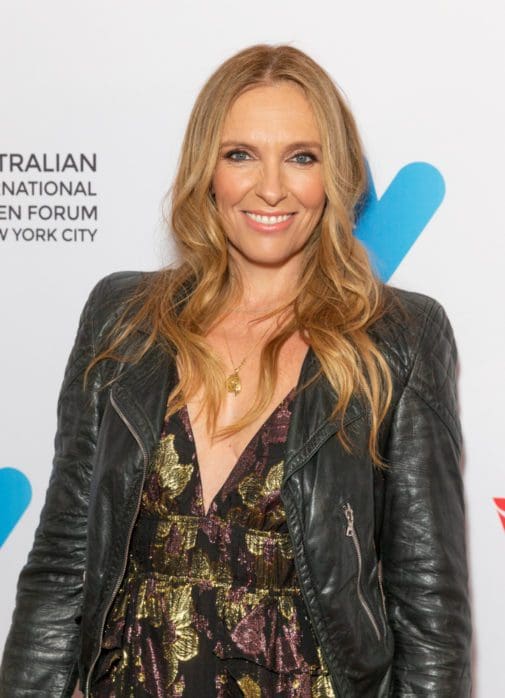
Lupita Nyong’o
It’s no secret that the world of horror is limited in terms of opportunities for women of color. Cue director Jordan Peele turning the genre on its head with back-to-back horror films from perspectives we’ve never seen.
In 2019’s Us, Lupita Nyong’o not only showed us the type of performance a leading lady can lend to the genre, but also demonstrated a true mastery of her art, playing two very different characters in a way that captured audience buy-in from beginning to end.
Her performance, paired with Peele’s ability to seamlessly deliver a story we’ve never seen before, opened many doors in the future of horror.
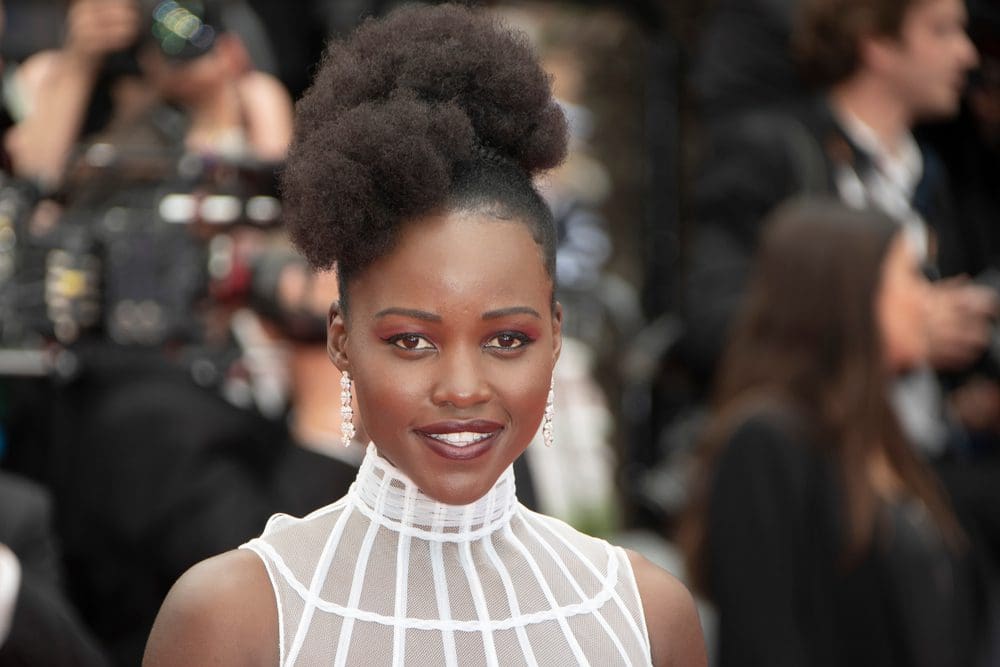
Naomie Harris
It’s rare for a horror film to showcase a woman of color as the savior, but that’s exactly what 2002’s 28 Days Later successfully accomplished. Naomie Harris’ character is introduced to the audience when she saves the leading (white) man from a gruesome zombie attack.
Her bad-assery doesn’t stop there, either. She’s perfectly ruthless, likable, and most importantly, a survivor responsible for the safety of those she cares about.
While her name may not be household status yet (though you’ll likely also recognize her from her work in the Pirates of the Caribbean franchise, in which she played Tia Dalma), Harris’ performance is a stepping stone to creating more room for not only strong female characters in horror, but also for women of color.
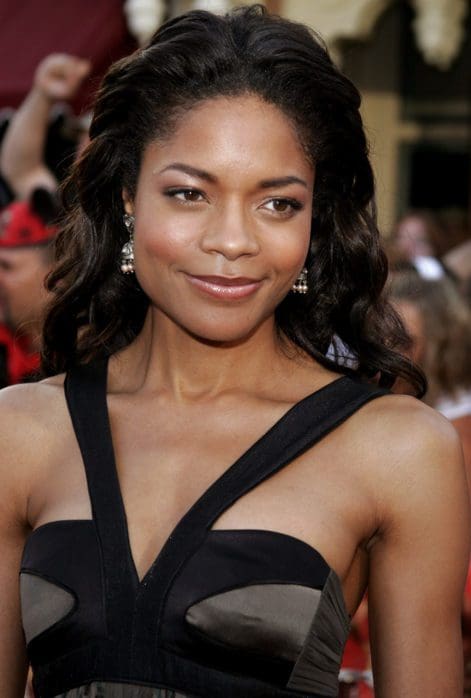
Emily Blunt
And finally, no list of stunning performances can conclude without mention of A Quiet Place’s Emily Blunt. Acting alongside her husband, John Krasinski (who also happens to be the director and mastermind behind the story), Blunt’s ability to give a show-stopping performance with essentially no dialogue is Oscar-worthy in and of itself.
The film has sparked a creative flurry of like-minded movies, though they will all always pale in comparison. When a movie star at the height of her career tackles horror with this much ease, it’s safe to say she’s leading the game.
As exciting as it is to see progress in terms of inclusivity, these ladies have been make strides all their own to bring new respect to the genre. While they may not top the rankings on any scream queen list, they’re certainly to thank for outstanding performances that opened the door for more diversity in horror movies.


